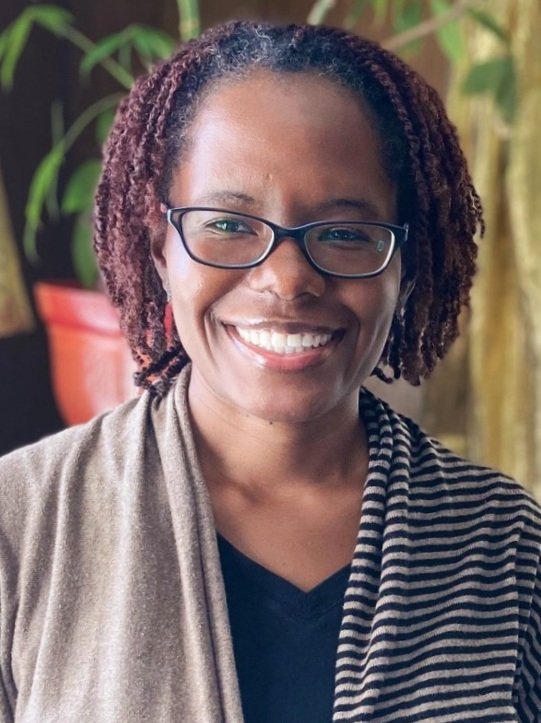How to Find a Therapist You Feel Safe With
My name is China Hill-LoBue and I am a therapist at humanest.
As a therapist, I’m aware that some clients are generally curious about my life. They may not ask me questions outright, but I can see their curiosity satiated when I make small disclosures, such as the location of my hometown or my favorite hobby. I see that light in their eyes that says, “I see you.” But there is a different light that I see when I speak upon something in which they also relate. It’s a light that says, “You understand.”
The tendency for people to seek out others who are similar to themselves is called homophily. It is a sociological concept that explains why we generally associate with those of the same race, ethnicity, class, gender, interests, etc.
This inherent prejudice (preferring those who seem like us) is not malicious but rather an easier way to deal with the world. Human beings thrive on feeling safe, and when we are clear of expectations, that increases our sense of safety.
Consequently, we use the safety of expectations to choose where to sit in a classroom or to swipe-right on someone’s profile pic. When we meet someone of the seemingly same ethnicity, age, or faith, there are certain things we assume they will relate to, and those assumptions can act as the safe road to practicing very anxiety-provoking exercises, like seeking connection and being vulnerable.
In therapy, this is no different. We may select therapists who seem like us as well. For those of us forced to choose from available therapists who don’t seem like us, we might search for something in their bios that gives us a glimpse of that safety, like a mentioning of their experience with LGBTQIA+ populations or people of color.
“For those who lack that experience, the journey to seeking therapy treatment can be tough”
Hopefully as we go through life, we will have experiences in feeling safe with people who are different, making it easier to show up for any experience, even therapy. But for those who lack that experience, the journey to seeking therapy treatment can be tough: Symptoms associated with trauma, anxiety, and depression can greatly impact the ability for a client to trust a therapist, let alone a therapist who is not like them. For example, Black Americans dealing with generational trauma from slavery, black codes, Jim Crow, and then more covert-racist practices later on may find it extremely difficult to seek therapy from therapist who don’t seem Black. Although there is a slowly dismantling stigma in the African-American community associated with mental health, the lack of available Black therapists can make it harder to access therapy for those trying to break it.
Since this year’s Black History Month theme is Black Health and Wellness, I encourage those who identify as African American AND feel more comfortable approaching therapy with someone of color to use resources like Inclusive Therapists, Psychology Today’s Find a Black and African American Therapist site, Melanin and Mental Health, or Therapy for Black Men in order to seek treatment.
So how do I find a therapist who makes me feel safe?
I encourage not only reluctant Black clients but all reluctant clients to identify what it is that would make you feel safe in seeking therapy. Is it knowing the therapist will understand your family structure? Knowing whether the therapist has worked with non-binary clients? Knowing the therapist is conscious of the term microaggression? Write it all down if it helps, and then research therapists to satisfy your inquiries. What you don’t find, ask. Therapists are skilled in sharing their experience and addressing client apprehension with non-judgment.Therefore, bring your questions and concerns to therapists during the initial consultation or intake.
You may ask questions like,
“Do you have experience counseling those from low socio-economic communities?”
“Have you worked with first-generation clients before?”
Or “What do you know about age discrimination?”
In addition, you may also share your concerns. Saying something as straightforward as, “I’m a young black male college student, and you’re an older white female therapist, so I’m concerned that you might not understand me” can help your therapist know your concerns and address them right away.
Therapy can be a dynamic tool for gaining greater personal and social functioning. Therefore, I invite you to explore the benefits of it for yourself by moving forward in a way that feels safe to you.
To book a therapy appointment with China, and read information about all our therapists, CLICK HERE and scroll to the bottom of the page.
China also runs a 30-Minute Mindfulness live session every Monday at 10am in our humanest online community. CLICK HERE to find out more.


